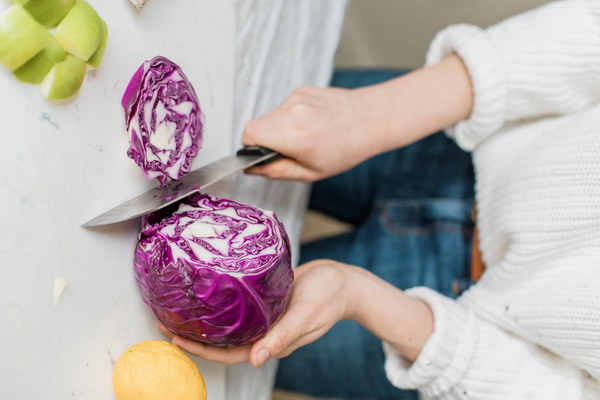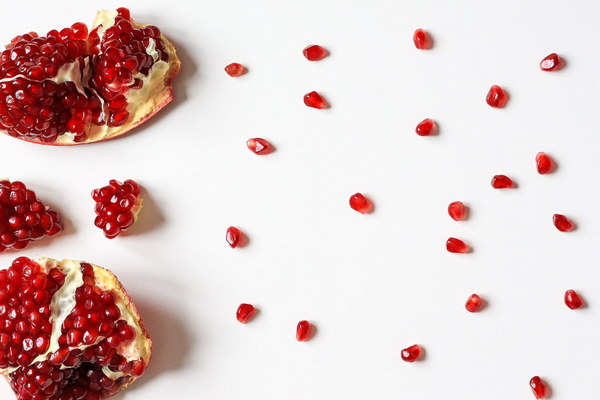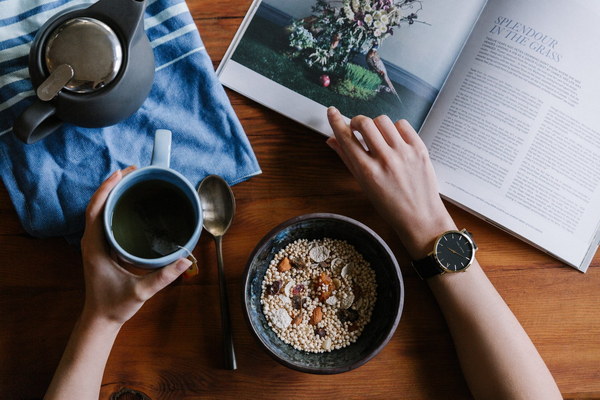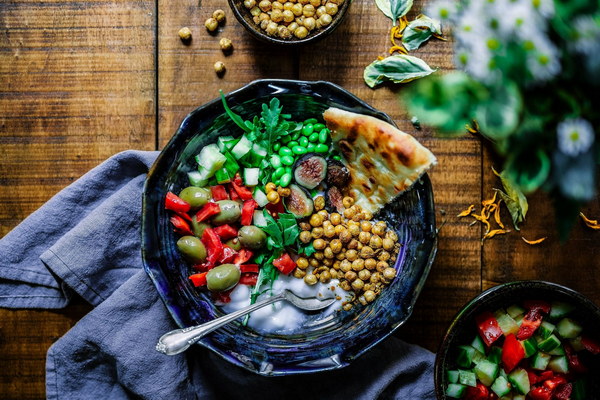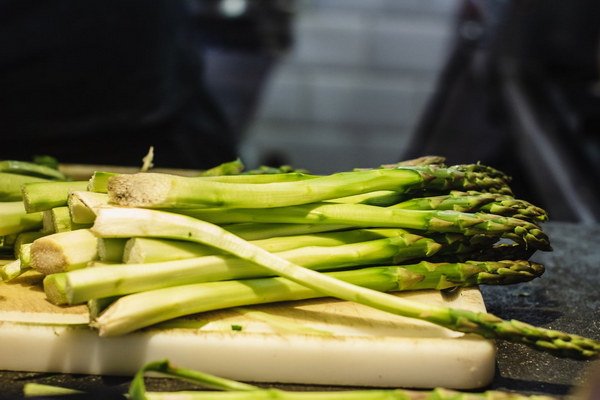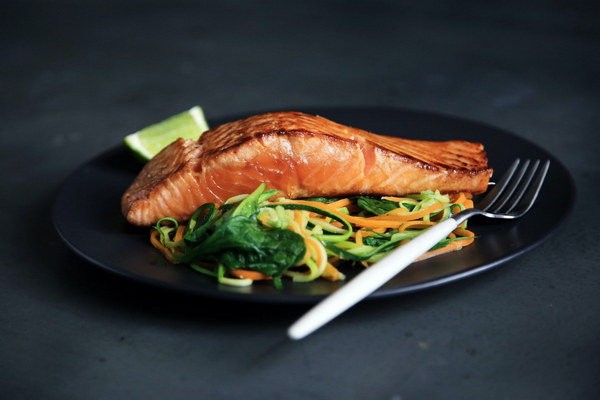Culinary Medicine Brews Up a Fire Unraveling the Tragic Tale of a Blistering Reaction
In the world of culinary medicine, the belief is that food can heal, but what happens when it does the opposite? One unfortunate individual found themselves in the midst of a fiery conflagration after indulging in a seemingly innocuous medicinal brew. Here is the harrowing tale of how a simple sip of healing turned into a scorching experience.
Nestled in the quaint village of Eldergrove, nestled among the rolling hills and lush valleys, lies the quaint little shop of herbalist Eliza. A place where the sick and weary come seeking solace and remedies for their ailments. It was here that our protagonist, Sarah, sought relief from her nagging cold.
Sarah, a young and vibrant woman in her late twenties, had always been fascinated by the art of culinary medicine. She had spent years researching the benefits of herbs, spices, and natural remedies, and was excited to try the concoction Eliza had promised would be the answer to her cold woes.
Upon her arrival at the shop, Eliza welcomed Sarah with a warm smile and a steaming cup of her special herbal brew. This blend of echinacea, ginger, and honey will have you feeling better in no time, Eliza assured her, as she handed over the steaming cup.
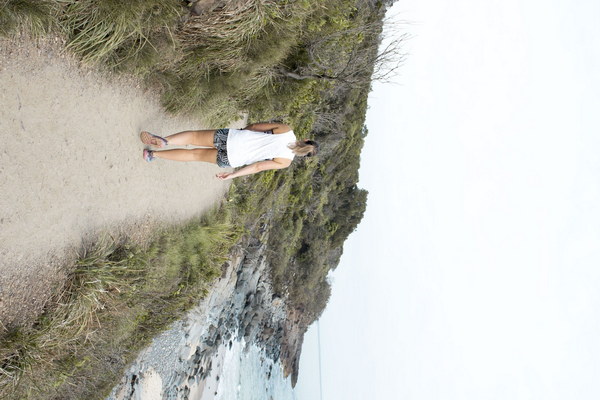
Sarah took a sip, savoring the sweet, spicy taste as it danced across her tongue. She felt a sense of calm wash over her, and with each subsequent sip, she became more convinced that Eliza's concoction was indeed the magic potion she had been searching for.
However, as the hours passed, Sarah began to notice a strange tingling sensation in her mouth. She dismissed it as a mere side effect, attributing it to the potent blend of herbs. But as the days went by, the tingling evolved into a sharp, burning pain that seemed to permeate every fiber of her being.
Sarah's friends and family were concerned, but she brushed off their worries. It's just a minor reaction, she insisted, determined to find a silver lining in this fiery mess. But as the pain worsened, Sarah realized that her body was fighting a losing battle against the fiery brew.
One evening, as she lay in bed, the pain became unbearable. Sarah's mouth felt like it was on fire, and she could no longer bear the thought of drinking anything. Her heart raced, and she was overcome with a sense of dread. She knew that something was seriously wrong, and she had to seek help.
Sarah rushed to the local hospital, where she was met with a team of doctors. They examined her with a mix of concern and bewilderment. We've never seen anything like this before, Dr. Thompson, the attending physician, said as he looked at Sarah's inflamed mouth and throat.
After a series of tests, the doctors concluded that Sarah had developed a severe allergic reaction to the echinacea in Eliza's herbal brew. It's a rare condition, Dr. Thompson explained, but it can be quite dangerous if not treated promptly.
Sarah was prescribed a strong course of antihistamines and corticosteroids, and her condition gradually improved. However, the emotional scars left by the incident remained. She couldn't help but feel a sense of betrayal by the very thing she had sought out for healing.
In the days that followed, Sarah spent a great deal of time reflecting on the experience. She realized that while culinary medicine has its benefits, it is not without risks. I wish I had been more cautious, she said, as she shared her story with a friend.
The incident at Eldergrove has sparked a heated debate among supporters and critics of culinary medicine. While some argue that the benefits outweigh the risks, others caution that individuals should proceed with extreme caution when trying new herbal remedies.
Sarah's story serves as a poignant reminder that the pursuit of health can sometimes lead down unexpected paths. As she continues to heal, she hopes that her experience will serve as a cautionary tale for others, reminding them to always err on the side of caution when it comes to their health and well-being.
In the end, Sarah's journey through the fiery realm of culinary medicine has left her with a newfound appreciation for the complexity of healing and the importance of listening to one's body. And though the scars of her burning experience may never fully heal, she has learned a valuable lesson that will undoubtedly shape her future choices and decisions.

